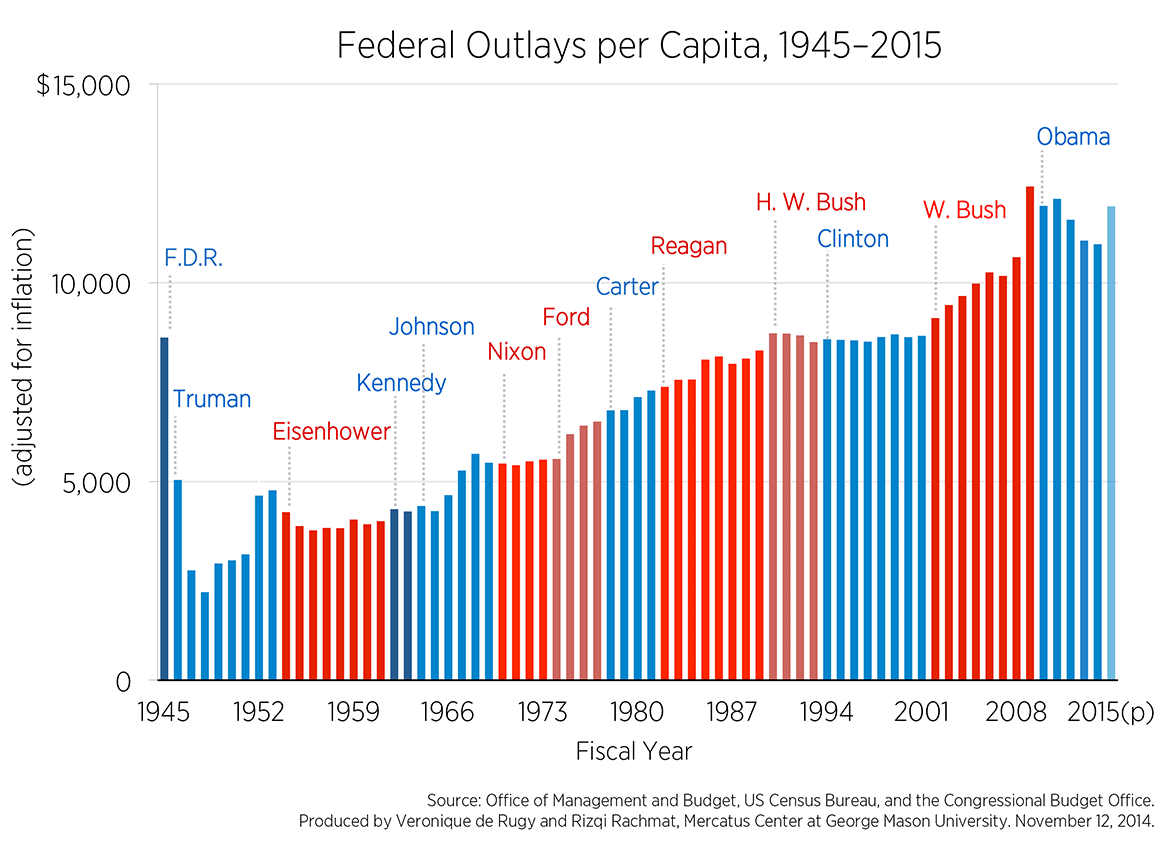Steve Scalise's Legislative Record is a Bigger Problem Than His Past Speaking Gigs
In what is being cheekily billed as "the last scandal of 2014," it's come to light that Rep. Steve Scalise (R-La.), who is now the third-ranking Republican in the House leadership, spoke at a 2002 conference organzied by a white supremacy group.
His address to the European-American Unity and Rights Organization (EURO), a group founded by former KKK leader David Duke, was first revealed by a Louisiana blogger on Sunday.
Confronted with the report, Scalise told the Times-Picayune that he did not remember speaking to the white nationalist organization but did not deny that he had done so.
"I detest any kind of hate group," Scalise said. "I don't support any of the things I have read about this group, but I spoke to a lot of groups during that period. I went all throughout south Louisiana. I spoke to the League of Women Voters, a pretty liberal group… I still went and spoke to them. I spoke to any group that called, and there were a lot of groups calling."
The Daily Beast presents a compelling case that Scalise almost certainly must have known what the EURO 2002 conference was all about but also quotes a black Democrat from Louisiana supporting him:
Scalise received unexpected support from black Democrat Rep. Cedric Richmond, who told Times-Picayune reporter Julia O'Donoghue that he doesn't "think Steve has a racist bone in his body" and that the Republican is being used as a "scapegoat to score political points."
So Scalise, who was elected to Congress in 2008, is not a racist or a closet white supremacist. That seems totally settled.
Is he any good from a small-government, libertarian perspective? One of the main selling points of the new GOP-majority Congress is that finally we'll start to see the sort of fiscal responsibility that Barack Obama and the Democrats flushed down the toilet when they took over the federal government in 2008, right?
To the right is a graphic from On The Issues, a website that compiles politicians' votes on a variety of issues and then plots them along the familiar "World's Smallest Political Quiz." Scalise falls into the "hard-core conservative" category according to On the Issues. That means that he is staunchly anti-abortion, wants to "keep God in the public square," strongly opposes higher taxes on the wealthy, supports gun rights, and more. Essentially he is a standard-issue, right-wing Republican.

Which to a libertarian should be cause for concern. When it comes to spending, he is mostly against it, except (of course) for defense and military purposes and old-age entitlements. He signed on to the Ryan budget plan, which falls far short of bringing any sort of restraint on spending. He is neutral on Social Security reform. He voted to extend Patriot Act rules authorizing roving wiretaps, is against any form of legalized pot, and wants to amend the Constitution to define marriage as between one man and one woman. He's not a free trade supporter, demagogues against Obamacare partly on the grounds that it will take money from Medicare (which he wants to reform by raising the eligibility age rather than scrapping the unsustainable program altogether).
He is against nationalized health care (when pushed by a Democratic president), stimulus spending (when pushed by a Democratic president), wars waged unilaterally (when pushed by a Democratic president). Those are all good positions from a libertarian perspective, but it remains to be seen what Scalise will be like when Congress is fully in GOP control, or when a Republican takes the White House. To the extent that he perfectly represents his party, there's no reason to be optimistic that he will be anything other than a big-government conservative who is ready and willing to use the state to enforce a single set of values and to spend huge piles of money on whatever he thinks is proper.
If the GOP really wants to effect change in a positive direction, it needs fewer Steve Scalises and more Justin Amashes in the House and more Rand Pauls in the Senate. Along with a handful of likeminded colleagues, they are working to shrink the size, scope, and spending of government from a principled belief in individual freedom and openness to pragmatic reforms with demonstrated results. While the libertarian-leaning Republicans tend to be socially conservative, they recognize that it is not the role of the government to dictate how people live in their private lives any more than it is to tell them how to run their businesses. It's precisely that willingness to follow principle and consistency that makes them standout from politicians of either major party that simply switch sides on issues based on fleeting partisan advantage.


Show Comments (233)